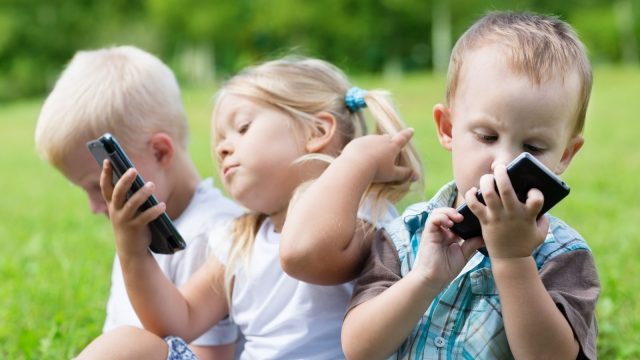
As humans, it is normal for us to look for novelties and choose pleasure over suffering. For most of our lives, we often do things that triggers our pleasure centres as long as we can. And in today’s society, apparently smartphones have become an infinite source of novelty and other social trends that’s why many among us, unfortunately, became addicted to this 21st century device. Making users desire for more by providing small doses of pleasures, smartphone software companies enforces conditioning that is meant to create behavioural addictions among the current generation and beyond. Designed not only for communication but also for stimulating reward circuits on our brain, smartphone is now becoming the new “opium of the masses”, creating more and more generations of addicts.
At all cost, many of smartphone users must be warned that excessive use is very damaging to their mental health. It causes a lot of negative impacts, affecting our ability to pay attention, for example, on what’s really happening around us and disrupting our aptitude to focus on our real daily priorities. In addition, smartphone use also consumes huge amount of our time but does not really provide real fulfilments on our lives. So therefore if we are going to choose the health of our children over excessive superficial comfort and unnecessary entertainment, it is our responsibility to put time and effort and get involved in the decision making regarding the issue. As many studies about smartphones are now elucidating the overlooked detriments of this device, more and more experts are getting alarmed, warning parents all over the world to minimize, if not stop, giving their children smartphones as a substitute to their parenting responsibilities.
Growing up, I witnessed how some parents in the 80’s and the 90’s pacify their children and skip their parenting obligation by providing them access to video games. Indeed, this thing has started even before desktop computers became so widely available to the world. When I was in my elementary years, we sometimes skip class just to play video games. In some occasions, we do this every day in my classmate’s house. However, it was not so common that compared to today’s society, access to these kinds of devices/entertainment has exceedingly available everywhere at any time. What’s more worrying here is that even little children are now not exempted from this “digital assault on consciousness”. As a result, younger and younger generations are in danger of suffering depression, anxiety, chronic loneliness, and other kinds of psychological issues.
So if we want to retain our essences and our strengths for the future as humanity, we must rethink and carefully regulate technology and re-establish a genuine connection to our nature/environment and to our fellow human beings. This is not just a simple statement but rather a conclusion to the issues that many researches have explicated in the recent years and up to now. In addition, we must also collectively take sincere actions against its increasing risk and threat to our and the coming generation’s mental health. This is not to say that we don’t need advance technology, of course we as humans need some of these tools as we have to lessen our suffering in this world and has to make hard things easier for us to thrive and evolve. The big question here is, what are the limitations of this so-called technological advances and how do we really prevent its troubling consequences? If we do not want a future of total alienation and dehumanization, we must remember that our relationships to one another, especially to our families and love ones, are more important than all these so-called technological advances and social trends.
For further study references, please check these links:





